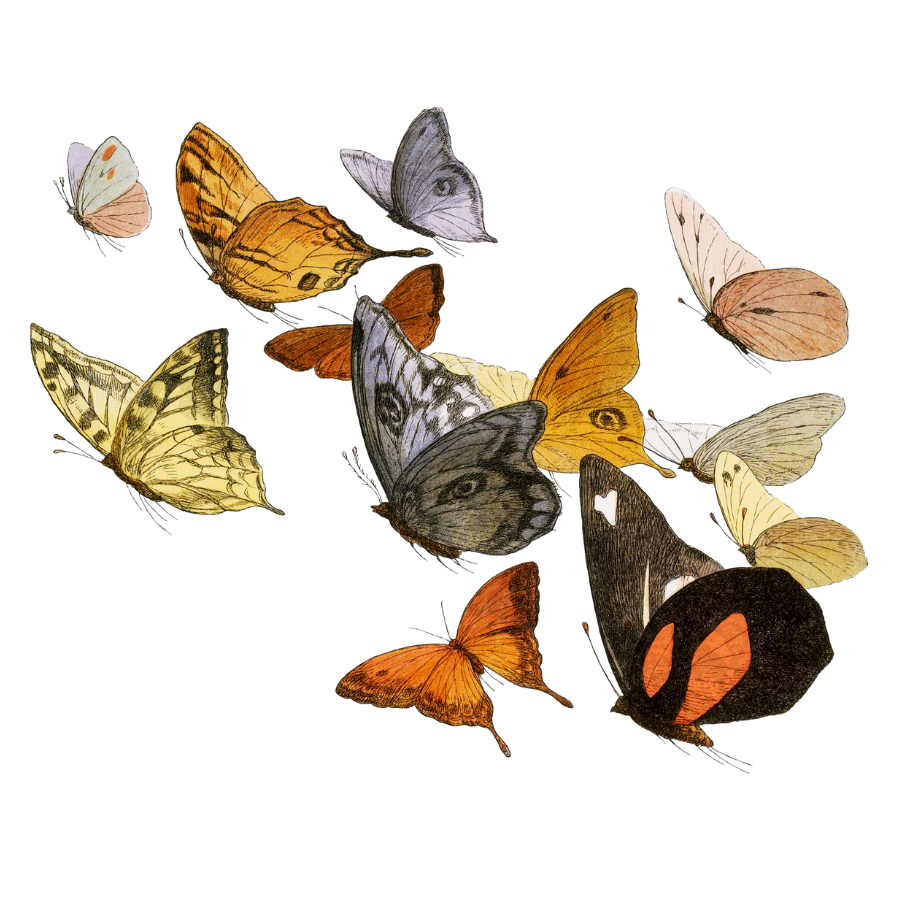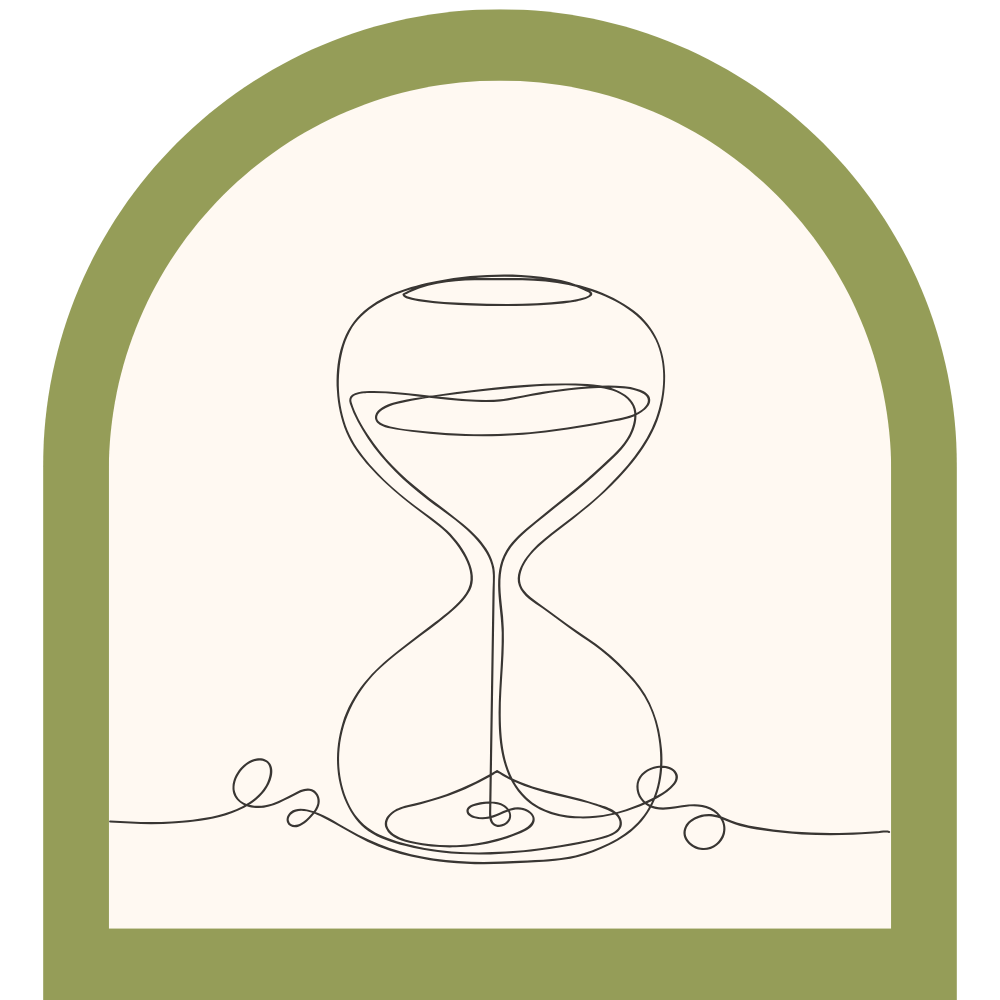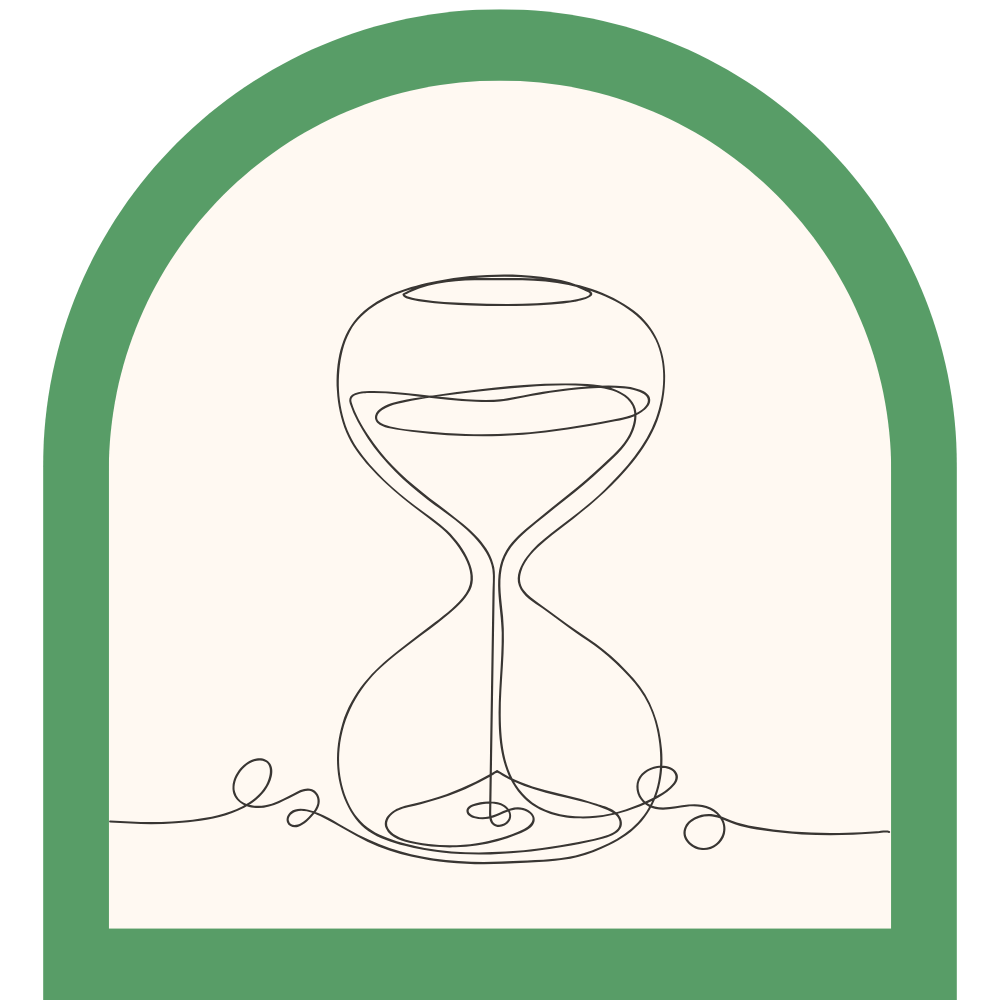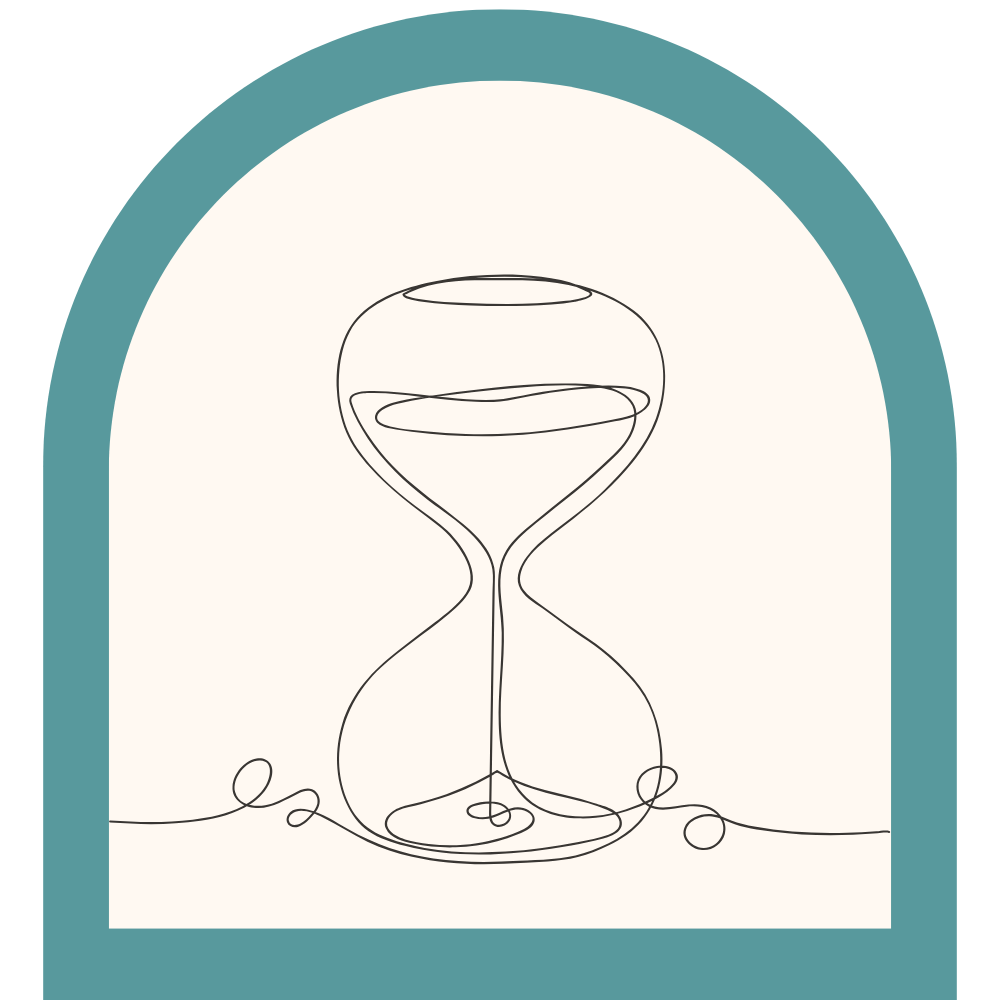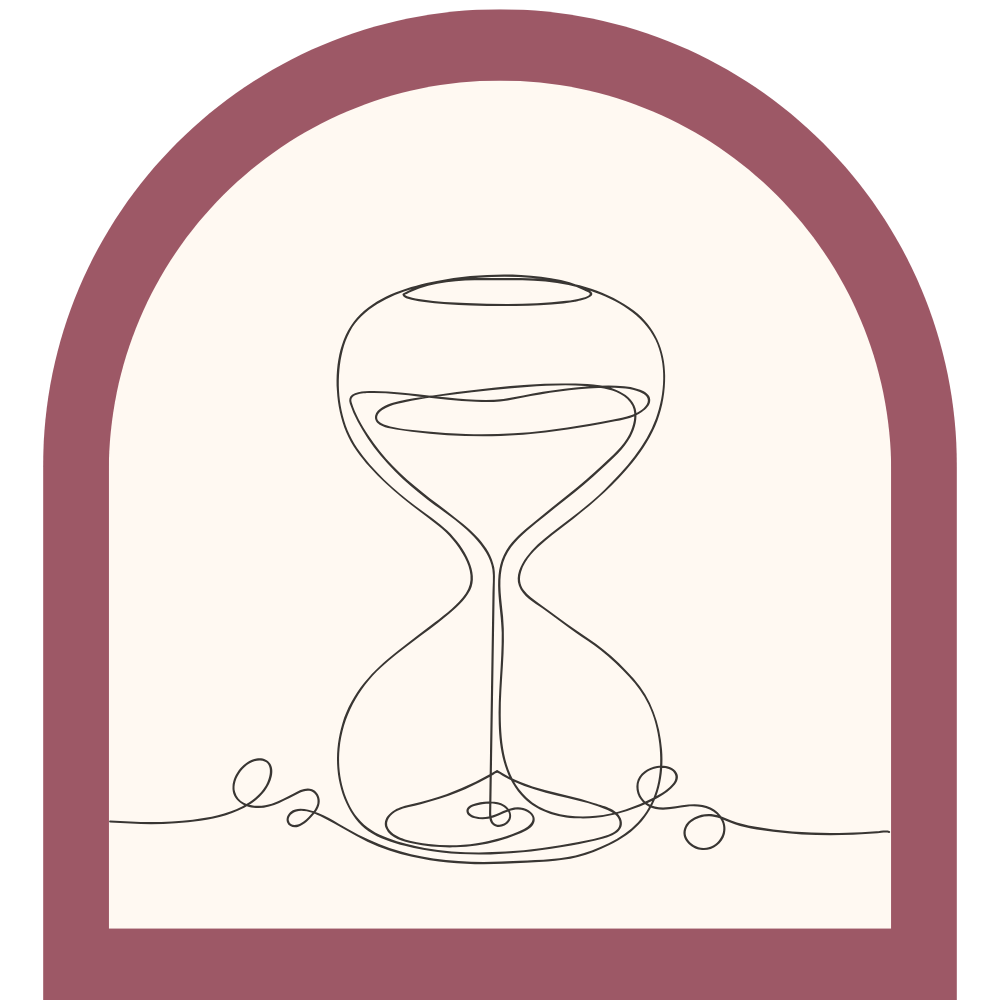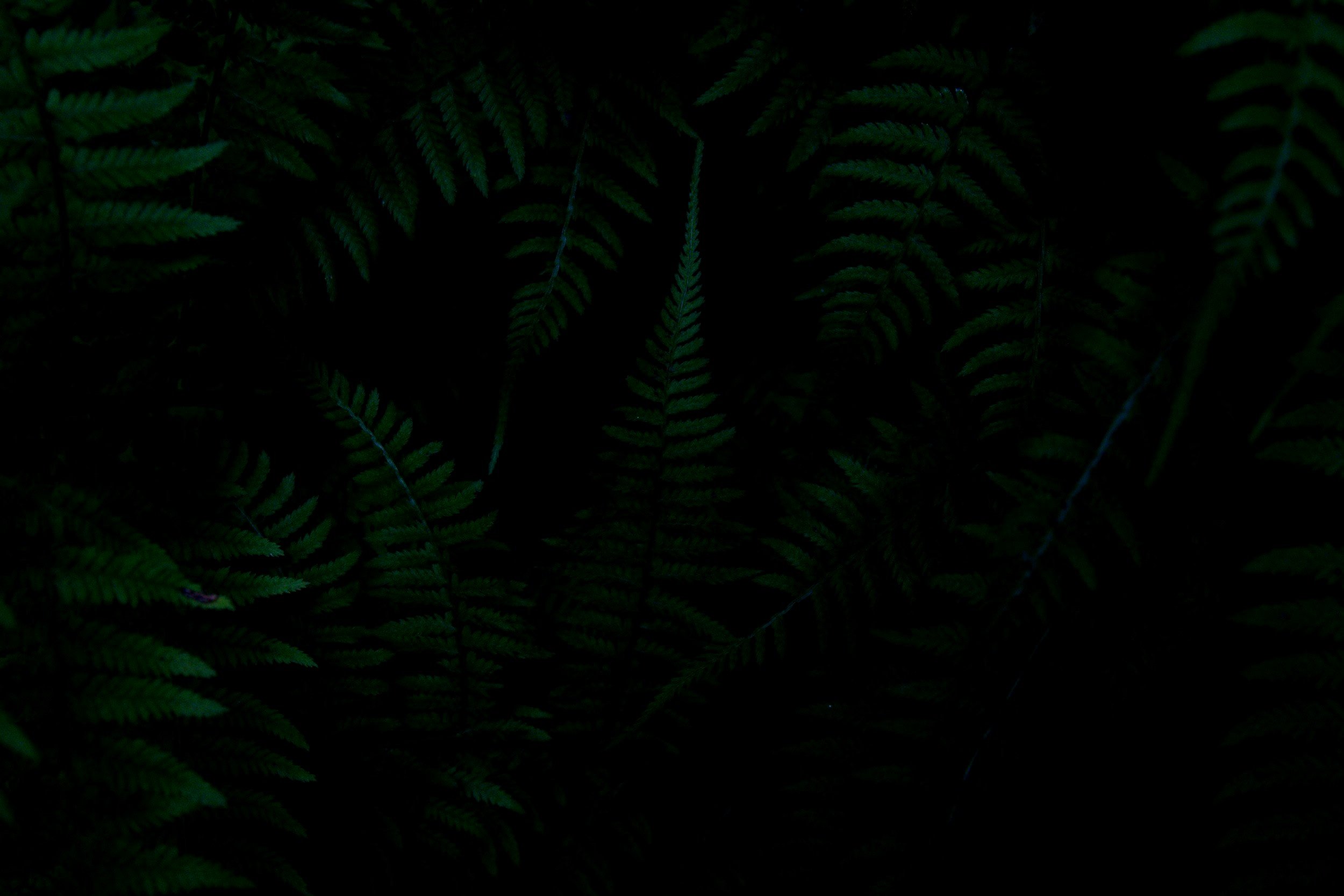
THE DEEP END
reclaiming Death / reclaiming Life
The Deep End is a self-paced course that invites a radical reconsideration of mortality.
Across six modules, we trace how Western culture severed its relationship with death, explore the psychological and ecological costs of this forgetting, and discover pathways back to a more integrated, meaningful existence.
What You’ll Explore:
The course examines how our death-phobic worldview shapes everything from consumer habits to an inability to grieve well, and from our obsession with youth to our disconnection from natural cycles, while exploring how reclaiming death as a universal, ecological process intrinsic to life opens the way to deeper, more authentic living. Through historical analysis, psychological insight, ecological wisdom, and contemplative practice, The Deep End offers both intellectual understanding and embodied integration.
Module 1: The Great Forgetting
How we forgot death (and why it matters).
This module explores how the Industrial Revolution, medical advances, and misunderstandings of Darwin transformed death from a familiar presence woven into daily life into a mechanised failure. This shift left us strangers to our own mortality. We examine how Christianity, Nietzsche’s “death of God,” and the devastation of early twentieth-century wars created the perfect storm that pushed death deep into our collective shadow.
Module 2: The Shadow of Mortality
The hidden costs of exiling death from life.
We investigate how Western culture’s exile of death into the psychological shadow manifests as frantic consumption, youth obsession, environmental destruction, and an inability to grieve well, age unapologetically, or embrace natural cycles. We explore how early experiences with death shape our personal relationship with mortality, examine how denial fuels cultural narcissism and ageism, and look at death as an ecological process connecting us to the ongoing transformation of all existence.
Module 3: The Fractal Nature of Death
Death as a universal function, from cells to stars.
This module reveals how death operates across all scales of existence—from cellular renewal to stellar transformation. We examine the relativity of time and significance, moving beyond human-centric meanings to develop a cosmic perspective that sees individual mortality as our fullest participation in ancient and reliable patterns.
Module 4: A Brain Divided, and Living Worlds
How worldview shapes our experience of dying.
We explore how Western culture’s mechanistic worldview—rooted in colonial thinking and left-brain dominance—severed our relationship with death as a natural, sacred process. We discover how animism offers a sophisticated alternative that recognises the world as alive and death as transformation. We examine indigenous wisdom traditions and their technologies for living and dying well, and how integrating these ways of knowing could transform our relationship with mortality.
Module 5: The Thin Places
Practicing presence at the thresholds.
We explore “thin places”—outer locations and inner states—where we can cultivate reverence for death as a sacred threshold. We feel into thresholds as liminal spaces where we can practice the capacities that dying requires: surrender, receptivity, and trust in the unknown. We learn that preparing for dying happens through daily practices of presence, comfort with mystery, and letting go—so that when the great threshold comes, we might meet it with grace.
Module 6: The Art of Conscious Departure


